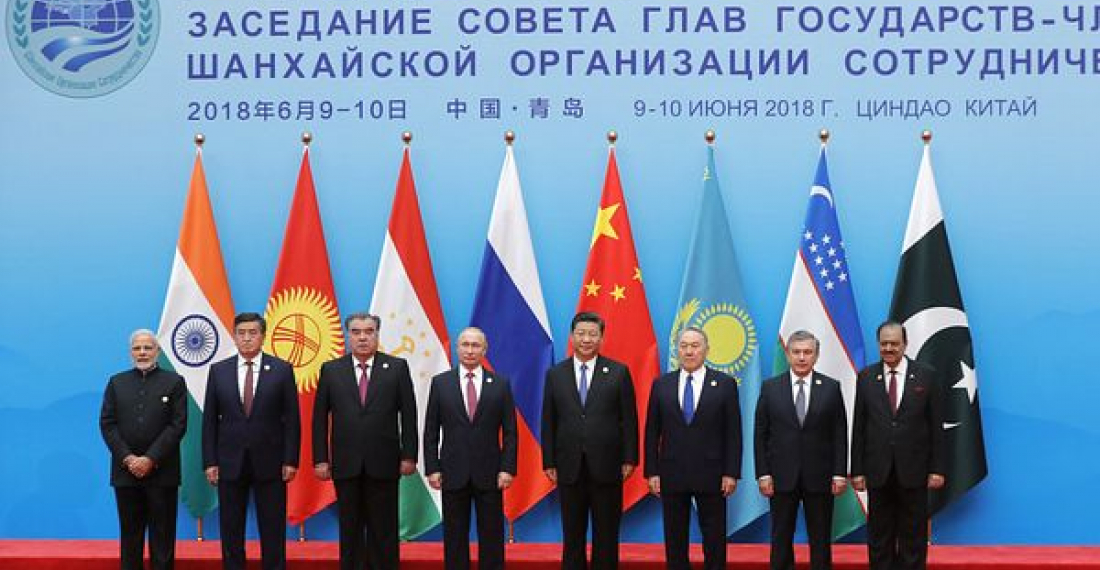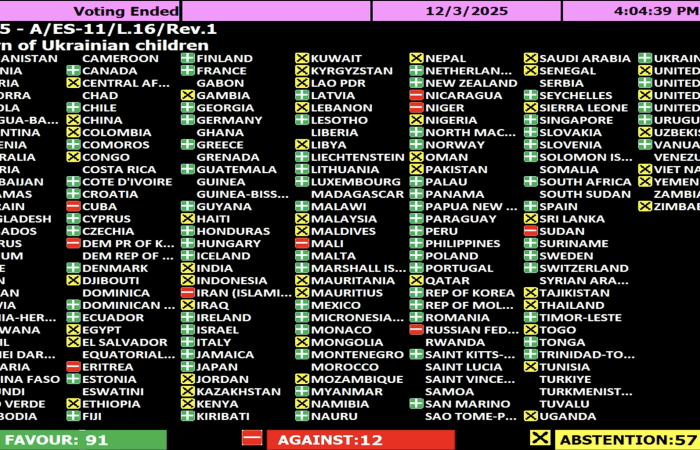"As the world comes closer to multi-polarity, the role of such organizations as SCO will grow further. Russia and China will seek to use them as a counterbalance to western dominated international political and economic organizations, such as G7, the EU, the World Bank and IMF", writes Benyamin Poghosyan in this op-ed. He argues that in the present context of emerging great power competition, the SCO started to be viewed less as a tool to manage Russia – China relations in Central Asia, or counter terrorist threats from Afghanistan, and more as a significant grouping of non-western powers in the emerging multipolar world.
The war in Ukraine has given a new impetus to the discussions about the transformation of the global order. Experts, academicians, and politicians have been debating the potential counter-weights of the emerging post-cold war order since the global financial crisis of 2008. There were different opinions about what the new world order could be like. Among the options discussed were a new bipolar world dominated by the US-China rivalry, a multipolar world where key players – the US, China, Russia, India, EU, and perhaps others – will be in a constant fight for influence and prestige, or complete chaos with no rules and no dominant players, opening the prospect of returning humankind back to a geopolitical jungle.
The ongoing war in Ukraine has created more questions than answers. Perhaps nobody knows for sure what the endgame will be. Even such terms as “victory” and “defeat” are not clear enough to assess their consequence. However, all experts and politicians agree that, most probably, the world will not be the same as it was on February 23, 2022, regardless of the war's outcome. Another conclusion that can be driven from the six months of bloodshed in Europe is that not all countries are ready to follow the US and the EU during this moment of geopolitical crises. Even India, which has a strategic partnership with the US, did not impose sanctions on Russia and instead has significantly increased the purchase of Russian oil, benefitting from discounted prices.
In this volatile environment, as the rising great power competition makes cooperation within global institutions, such as the UN, less likely and more complicated, regional organizations assume a more significant role in shaping the emerging new world order. One such institution is the Shanghai Cooperation Organization (SCO), established in 2001. At that time, as Russia was still thinking about fostering cooperation with the West, and President Putin offered assistance to the US after the terrorist attacks of September 11, 2001, the SCO's primary purpose was managing Russia - China relations in Central Asia.
China had just started its ascend to becoming a global power, while Russia was making initial efforts to regain its influence in the post-soviet space after the chaotic 1990s. In this context, the necessity to manage Russia – China relations in Central Asia was the primary driver behind the decision to establish SCO, and bring all Central Asian republics, except Turkmenistan which refused to join, into a common framework. The US invasion of Afghanistan and growing threats of the fallout of instability from Afghanistan into Central Asia added an anti-terror component to the SCO.
However, the situation soon changed. As Russia became more assertive and China became the only near-peer competitor of the US, a geopolitical component was added to the SCO. The 2008 Russia – Georgia war and the 2014 Ukraine crisis brought Russia – West relations to their lowest point since the end of the cold war. The US pivot to Asia, launched by President Obama and intensified under President Trump, has increased tensions in US-China relations. Russia changed its perception of the SCO in this new context of emerging great power competition. The organization started to be viewed less as a tool to manage Russia – China relations in Central Asia, or counter terrorist threats from Afghanistan, and more as a significant grouping of non-western powers in the emerging multipolar world. The decision to include India and Pakistan as full members of SCO significantly impacted the organization's scope. Many other non-western countries started to seek membership in SCO, and most probably, Iran will become the ninth full member of the organization in the upcoming Samarkand summit, scheduled on September 15-16, 2022.
The complete rupture of Russia – West relations after the start of the war in Ukraine, and the unprecedented efforts by the West to isolate Russia internationally, make SCO an essential forum for Russia to show to the West that many countries are still ready to do business with it. The membership of Iran in the organization will add even more anti-western rhetoric to the SCO. Regardless of the results of the ongoing negotiations to restore the Iranian nuclear deal, Iran – US relations will continue to be marked by distrust and animosity for the foreseeable future. During the Samarkand summit, Russia and China will use the opportunity to express their concerns about the West and push forward for more cooperation among non-western countries. SCO may also become a hot point of not only geopolitics but geo-economics. As the US seeks to use the role of the US dollar as a global reserve currency to impose crippling sanctions on Russia, Moscow and Beijing are trying to decrease their dependence on the US dollar. These steps include the decision to use local currencies in bilateral trade and convincing other countries to use local currencies while trading with Russia, China, or Iran.
Other countries, such as Turkey and Belarus, have expressed their willingness to become full members of the organization, while SCO also has two other levels – observer and dialogue partner, that allows a wider range of countries to interact with it. President Putin invited President Erdogan to participate in the Samarkand summit, and probably, Erdogan will use this opportunity to push for Turkey's full membership.
As the world comes closer to multi-polarity, the role of such organizations as SCO will grow further. Russia and China will seek to use them as a counterbalance to western dominated international political and economic organizations, such as G7, the EU, the World Bank and IMF.






